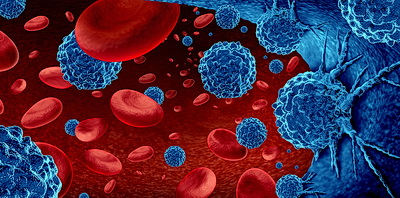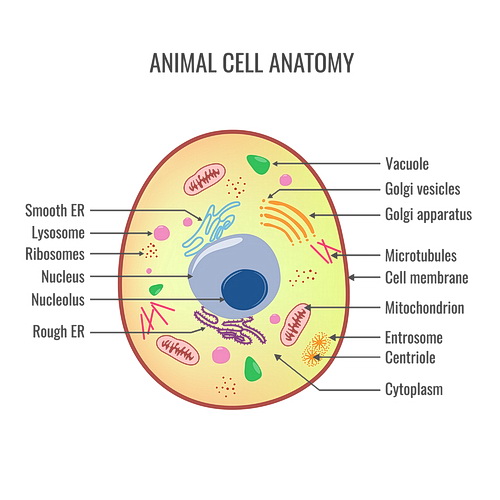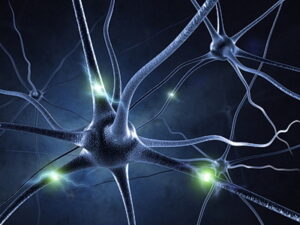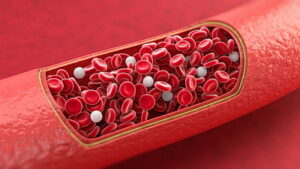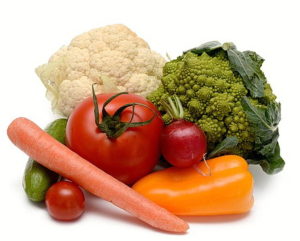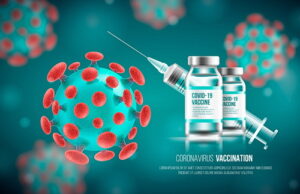
Let’s start by stating that both antioxidants and antibodies are essential ingredients in keeping you healthy. But with that said, what exactly are the differences between the two?
Many people are not aware of what the differences are but they are quite substantial, but with that said, there are numerous similarities between the two as well.
They both protect your body from disease and illness and are necessary for maintaining good health, but that’s about where the similarities end.
This article will explore some of the main points about what antioxidants and antibodies are, what role they play in your body, and how you can increase your intake of each to maintain optimal health.
What are Antioxidants?
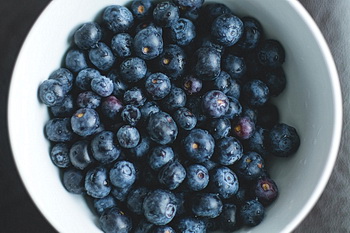
Enter Free Radicals – The Bad Guys
These are compounds found in foods that are designed to prevent oxidative damage. Oxidative damage is the process by which free radicals can run amok in your body and damage healthy cells.
What Do Free Radicals Do?
Free radicals are atoms that are missing an electron and by so doing, they look for other cells’ atoms to which they can attach so that they can steal that cell’s electron. This is a common occurrence in nature when atoms have missing electrons. They need to balance out their electron count. When they find a healthy cell to attach to, they will merge with it, subsequently changing the characteristics of that cell to the point where the healthy properties of those cells are diminished or non-existent.
When this happens and too many damaged cells exist, it could result in your body becoming a risk for such diseases as cancer and heart disease as well as many other illnesses.
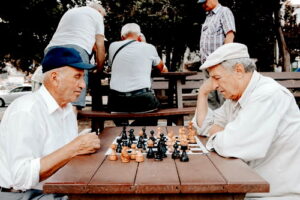
These bad guys are created during our normal lifestyle, which includes simply breathing and eating. In other words, oxidation builds up during daily metabolism – the energy that you exert daily.
Antioxidants – The Good Guys
Antioxidants are the free radicals’ worst enemy. They are molecules that will donate an electron to the free radical making it useless in damaging other cells.
Antioxidants are naturally found in fruits and vegetables. Some of the best foods for fighting off free radicals are berries, citrus fruits, dark leafy greens, broccoli, and tomatoes, but don’t stop there. Just about all fruits and vegetables will help build antioxidants.
They can also be found in smaller amounts in grains, seeds, nuts, and legumes. The best-known antioxidants in vitamins are C and E, and beta-carotene.
When you eat foods that contain antioxidants, they enter your bloodstream and then proceed to neutralize the free radicals before they cause damage. This means that antioxidants can prevent oxidative damage and this is why antioxidants are so beneficial to your health.
Fruits and vegetables are your best fight against oxidative stress.
What are Antibodies?
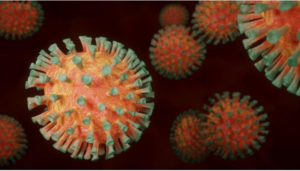
Antibodies are quite different in properties from antioxidants. Antibodies Are proteins. Proteins are molecules. Antioxidants are not proteins. Antibodies contain chains of amino acids which are naturally produced by your immune system when an infection is detected. They can recognize and identify harmful agents like bacteria, viruses, and other foreign agents. That is why you hear so much about antibodies regarding Covid but you don’t hear anything about antioxidants.
Antibodies are created by your white blood cells, called B cells, and bind to the glycoproteins – the enemy of antibodies, similar to how free radicals are the enemy of antioxidants. Glycoproteins are the carbohydrate portion of proteins that are found in bacteria and viruses. Once the antibodies bind to these bad proteins, they neutralize and remove them from the body before they have a chance to cause harm.
For Covid, the antibodies block the virus cells, called spike proteins from attacking healthy cells.
Your body will create antibodies when foreign agents such as a virus are detected, but vaccines can be injected to further the creation of antibodies if needed.
The Difference in a Nutshell
Antioxidants and antibodies are both designed to protect against disease and boost immunity. However, there are differences between antioxidants and antibodies that are worth noting.
Antioxidants are vitamins, minerals, and other compounds that prevent oxidative damage. They don’t directly fight infections. They don’t recognize harmful bacteria and viruses.
Antioxidants also don’t circulate in the blood, as antibodies do. They are found in food, and can’t be detected in your blood. This means that antioxidants don’t boost immunity the way antibodies do.
What antioxidants do is help protect your cells from damage caused by free radicals? These attacked cells can add up causing your body to become at risk of several dangerous diseases.
Antibodies detect harmful bacteria and viruses. They are created by our white blood cells and circulate through our blood vessels and look for bad proteins from bacteria. Once found, they block these bad proteins from attacking healthy cells.
More About Antioxidants
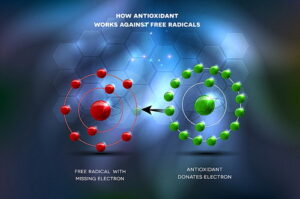
As we’ve already explored, antioxidants are compounds that prevent oxidative damage. They do this by neutralizing free radicals with their electron pairs before they can cause damage. This means that antioxidants protect healthy cells from damage caused by free radicals. They also protect a person’s DNA from being damaged.
In addition to providing general health benefits, antioxidants can also help boost your immune system. They can do this by preventing oxidative damage to healthy cells. This leaves your immune system with fewer cells to protect, which means it can put more energy into fighting against infections.
More About Antibodies
Antibodies are proteins that are created by the immune system to protect against disease. They can do this by binding to bacteria and viruses and neutralizing them. Antibodies are much more active than antioxidants when it comes to fighting infections. They circulate through the blood and can detect infections and bacteria in the blood. They then bind to the harmful pathogen and neutralize it.
Antibodies can recognize certain foreign bodies. This includes bacteria, viruses, toxins, and even allergens like pollen. Antibodies also boost immunity by preventing harmful bacteria and viruses from causing infections.
Below is a quick chart of the differences between antioxidants and antibodies.
| Antioxidants | Antibodies | ||
| What it vitamins | Vitamins C & E | Proteins that contain amino acids | |
| How it is created | Fruits & veggies | In white blood cells when an infection is detected within the body | |
| What it fights free | Free radicals (atoms with missing electrons) | Viruses | |
| How to fight | Eat fruits & veggies | Normal activity within the body but can also be created through vaccines |
Bottom Line
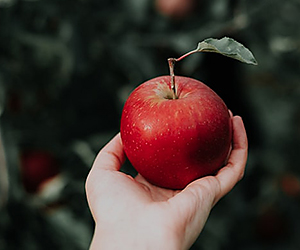
Antioxidants and antibodies have similar functions but are very different compounds. While antioxidants don’t circulate in the blood and are designed to prevent oxidative damage, antibodies circulate in the blood and are designed to bind to and neutralize bacteria.
Antioxidants help prevent oxidative damage and can boost immunity, while antibodies do both of these things.
Antioxidants are beneficial for your health, but you can only reap their benefits if you consume enough of them. This can be challenging because many people don’t eat enough fruits and vegetables. This is why it’s important to get your daily dose of antioxidants. Antioxidants can help you stay healthy, and make sure you don’t get sick.

